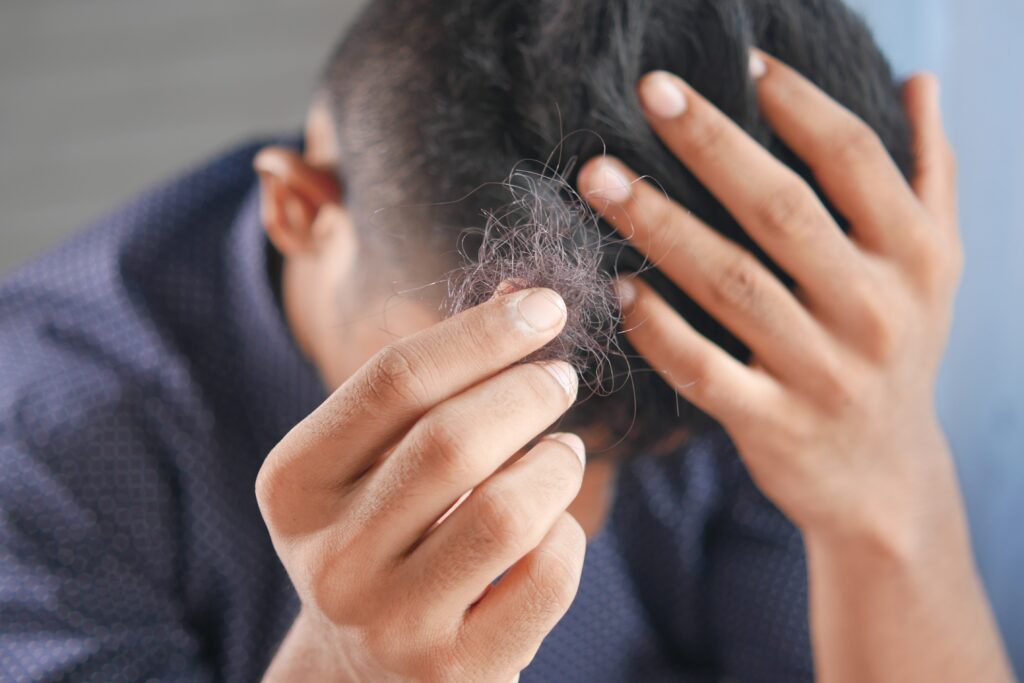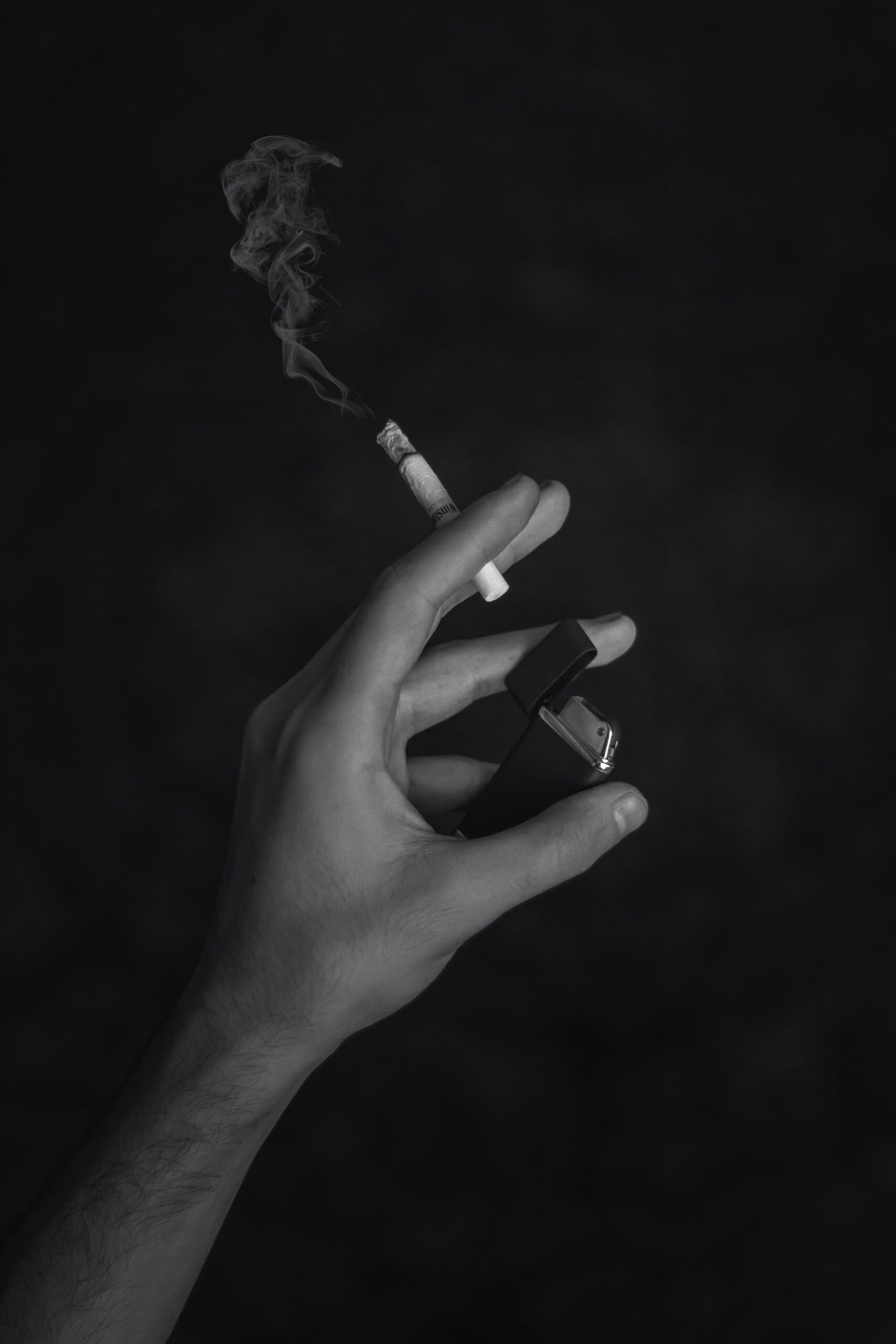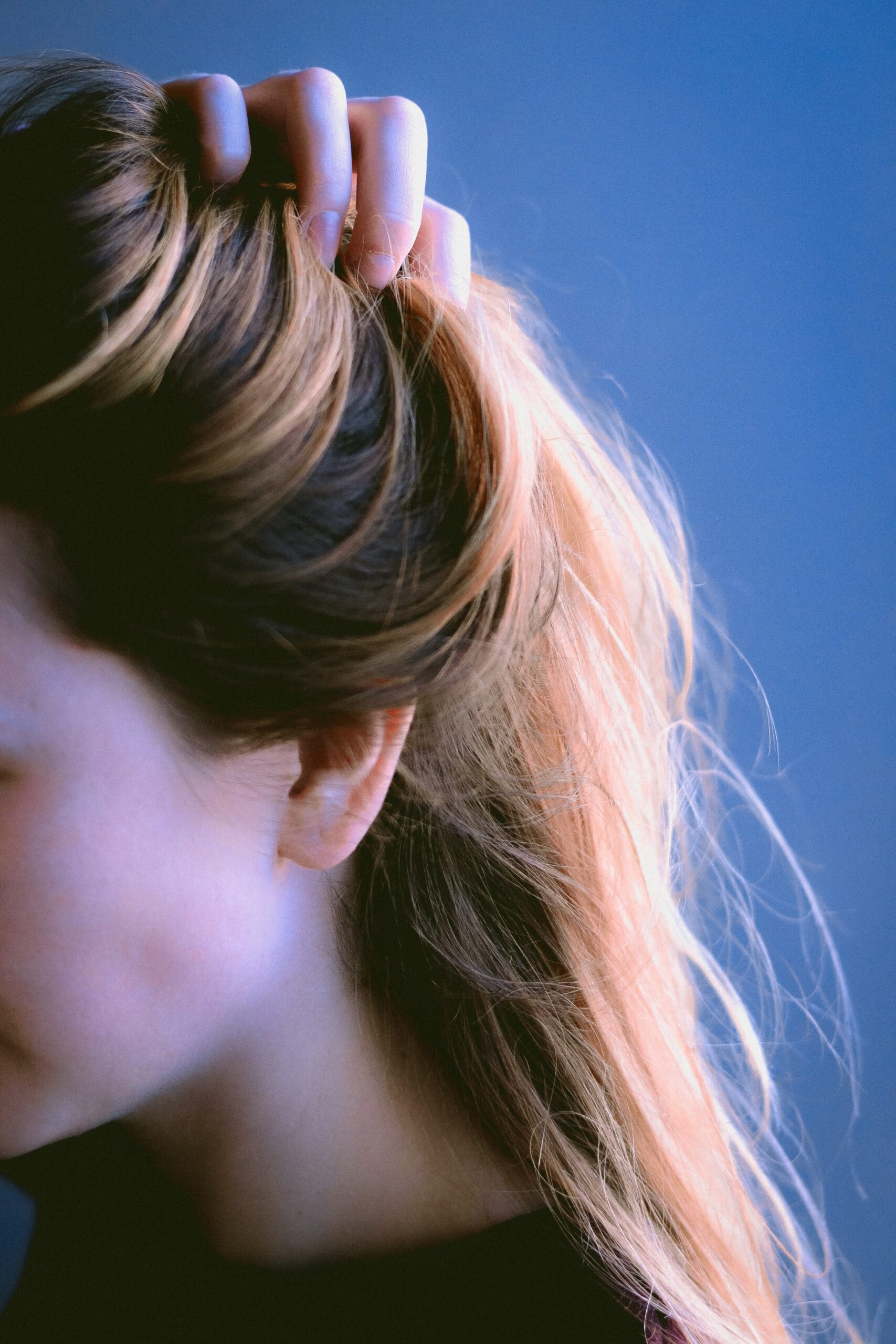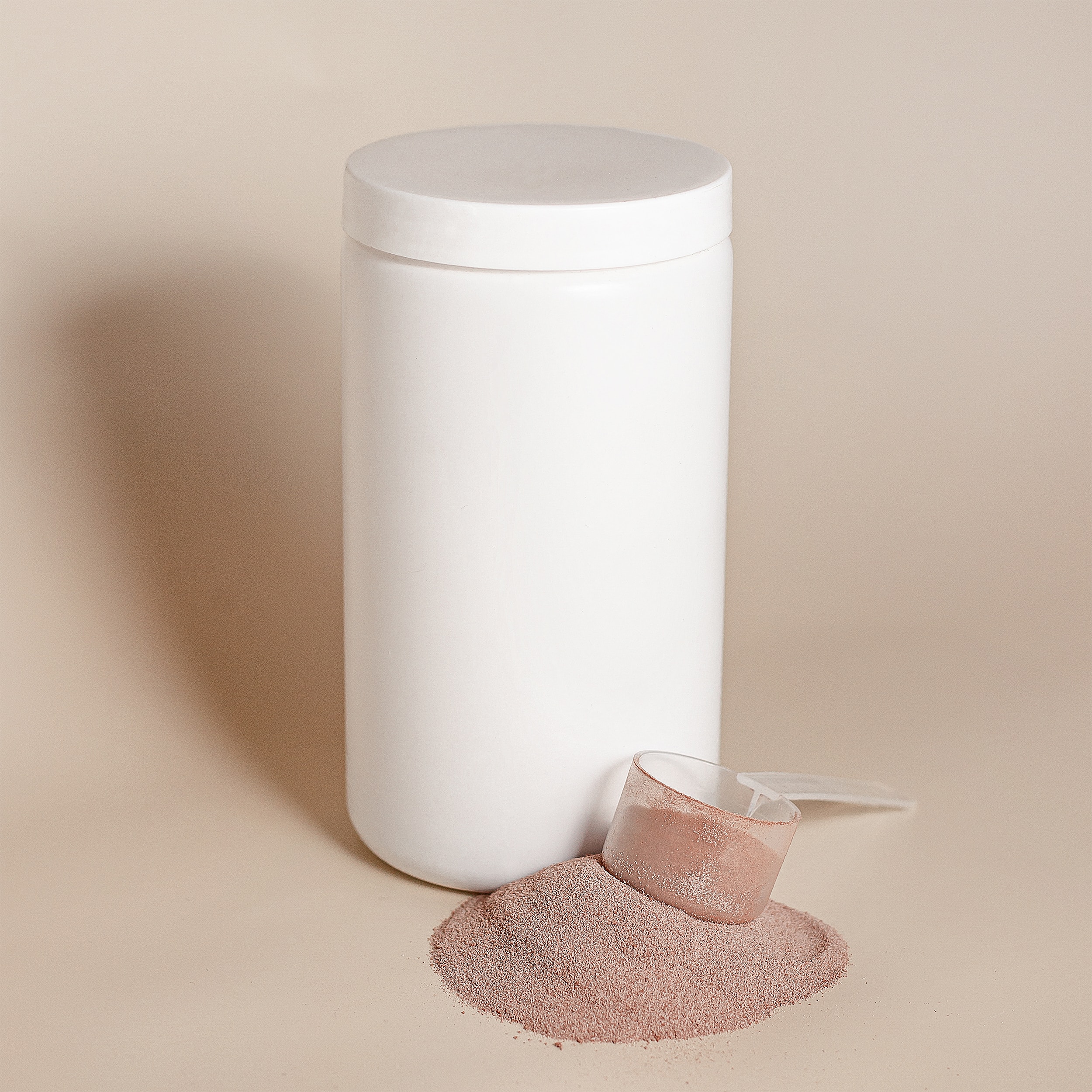
Is Hair Loss in Your Twenties Normal? And What Can You Do About It?
6th January 2022
If you’re experiencing hair loss in your twenties, finding a larger quantity of hair clogging your shower drain, or your once luscious locks looking a little thinner, then you are not alone.
Hair loss and thinning are incredibly common for people in their twenties, and when we consider the complex process of hair growth and regeneration, it’s really no surprise.
Hair lives in a four-step cycle — it grows, rests, falls out and then regenerates. A number of different things can interfere with this cycle, so the thickness and quantity of your hair can be easily affected.
Here are some of the most common reasons for hair loss or thinning in your twenties:
- Extreme dieting
While eating a healthy diet is great for your general wellbeing, it’s also crucial for your hair growth.
If you’re cutting out food groups and restricting your body of nutrients, your body will begin to divert its energy to some of your more crucial organs, like your heart, lungs, or brain, and away from replenishing your hair growth.
What to do: Your hair requires energy to grow, so make sure you’re eating enough energy-boosting foods, such as protein, iron, vitamins, and fatty acids. This way your body always has enough nutrients to keep the cycle moving.
It is also important to note, you most likely won’t notice the impacts of your strict diet on your hairline until about three months after you begin your diet. This is because it takes this long for your hair to go through a full cycle of resting and falling.
- Stress
It’s scientifically proven that stress — both chronic and sudden — can slow down the hair cycle.
This is due to a hormone called cortisol, which is produced by your body when you’re feeling stressed. Cortisol forces your hair to go into the ‘resting’ phase, which is often referred to as ‘telogen effluvium’.
Stress-related hair loss isn’t permanent, but the impacts do last for a while — sometimes up to nine months.
What to do: Navigating your twenties can be stressful, so prioritising your mental health is extremely important. Consider ways you could reduce stress in your life, including meditation, yoga, and perhaps additional therapeutic support.
- Hormonal changes
Women are often more sensitive to hormonal changes — especially in their twenties — with things like birth control, menstruation, and pregnancy having a huge impact.
High levels of oestrogen and progesterone can help hair to grow faster, while sudden drops of these hormones can reduce growth quite dramatically. And as these levels fluctuate, so does the quality of your hair cycle.
The balance of men’s hormones also impacts their hair cycle. DHT, dihydrotestosterone, is a male hormone that massively impacts the regeneration of hair follicles, as it can cause hair to become thinner or more brittle.
What to do: There are medications and supplements available for those suffering from hormone-related hair loss. We suggest speaking with a doctor or consultant, who specialises in hair loss and can advise you on the best course of action.
- Medical conditions and genetics
If you eat a balanced diet, have a relatively stress-free life, and haven’t had any major reasons for hormonal changes e.g. birth control or pregnancy, and you’re still noticing significant hair loss in your twenties, then we recommend seeking advice from a professional. There may be an underlying medical condition at play, and your genetics can also be responsible.
A specialist will be able to help you discover where changes to your lifestyle could be beneficial, and advise on what treatments are available to you.
Considering getting treatment for your hair loss? During a consultation with our specialists, you’ll be taken through the various options available to you so that you are able to make an informed choice.


